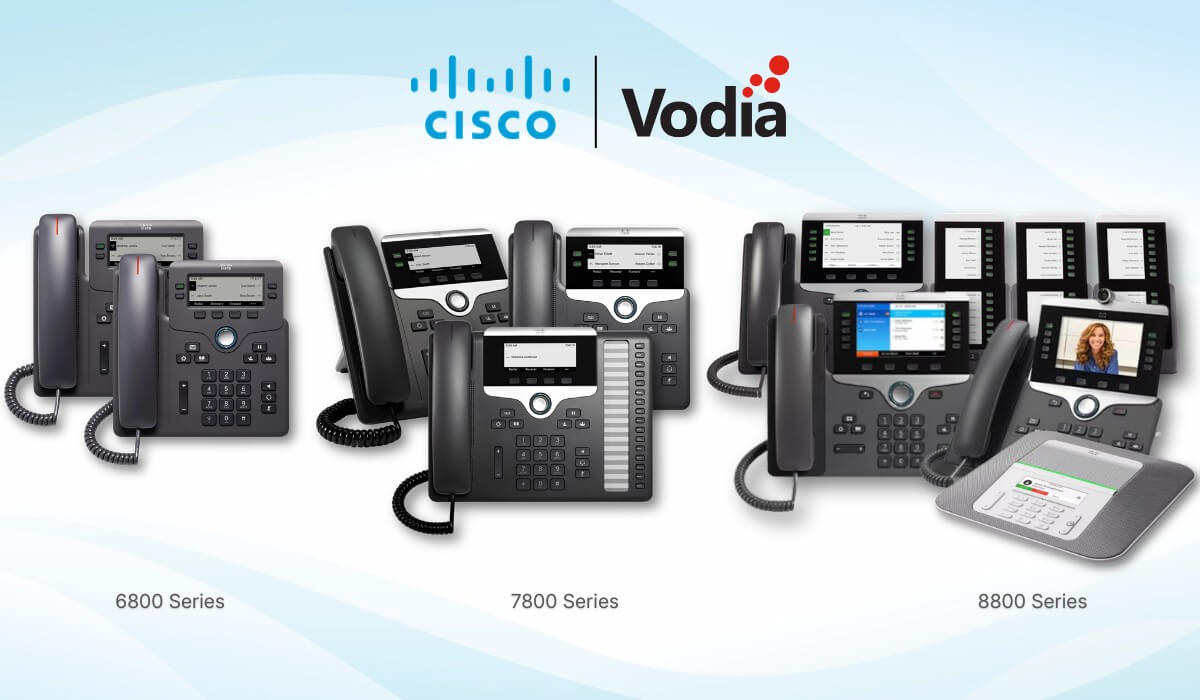Running multiple instances on a single IP address has a lot of benefits, especially when you are still on IPV4. Many clients can share the same host similar to what is standard today on web servers that can have hundreds and thousands of domains on a single server.
Usually every domain needs their own telephone number or numbers that link the world of VoIP with the good old telecom industry. This is done using SIP trunks. While it is possible to share a SIP trunk with several domains, most hosted providers prefer one trunk per domain. But how does the SIP trunk provider know which trunk is being addressed when there is a call coming in?
The SIP RFC provides several ways to identify where the call comes from on the SIP side. The caller-ID itself is not very useful as it can be spoofed easily, so it does not really count. Most service providers use a simple registration with the right password and a somehow unique contact in the SIP request to figure out where the request comes from.
Thinks get tricky on a multi-tenant PBX when the trunk identification is based on the IP address and the port. If it is only based on the IP address, then the potentially hundreds of domains can use only one telephone number, practically putting that SIP trunk provider out of business for that hosted PBX. Some trunk providers also consider the port, then it would be possible to open another port on the host for that trunk, so that all communication inbound and outbound run on that port.
This is what we have just added to the Vodia PBX. With the next version (post 5.2.6) it will be possible to use SIP service providers that solely rely on the IP address and port for the authentication. All you need to do to make this happen is to add another port to the list of SIP UDP ports on the PBX admin level and then mention that port number in the trunk setting. Then when that port is really available, the PBX will prefer that port for sending traffic from that trunk.
This feature is possible because the PBX is able to deal with a list of ports, not just one port for IPv4 and for IPv6. The performance implications are modest as long as there are not hundreds of those ports. The new open ports also slightly increase the exposure to SIP attacks; however realistically if you have already port 5060 open an attacker would not have any reason to try non-standard ports anyway.
The whole story reminds me a little bit about H.323, where a lot of the backbone VoIP traffic was sent based on the IP address for authentication. Let’s hope hackers don’t find an easy way to put themselves into the middle of that traffic and use this primitive authentication method to their advantage.
.svg)





